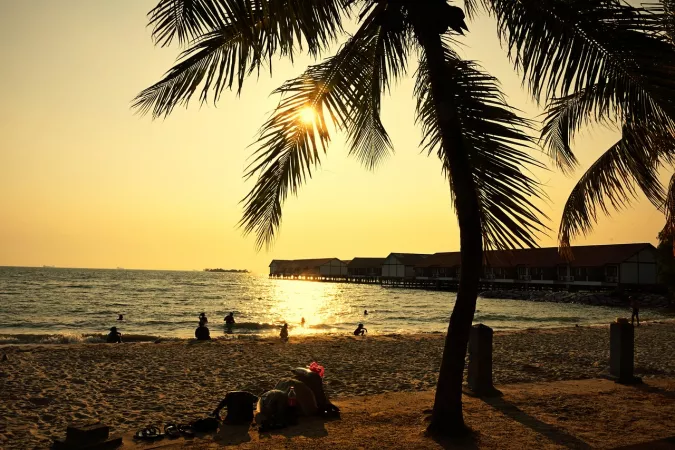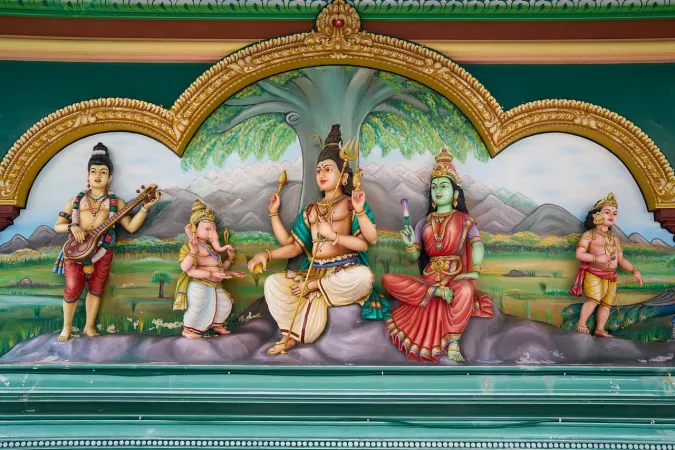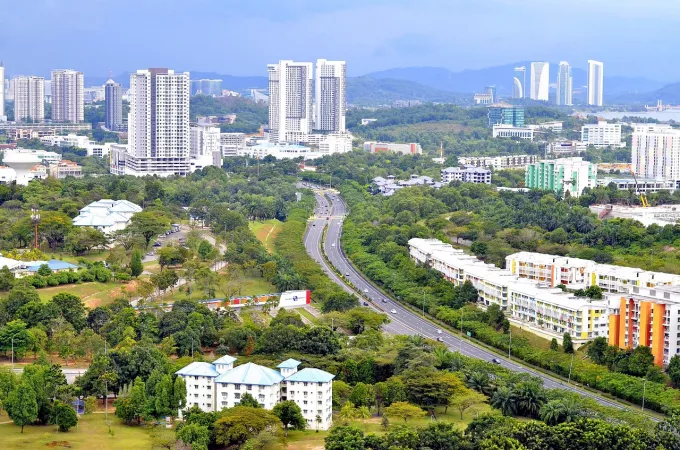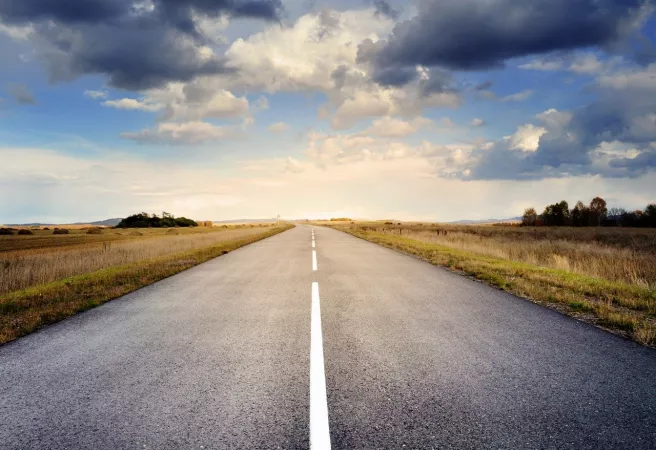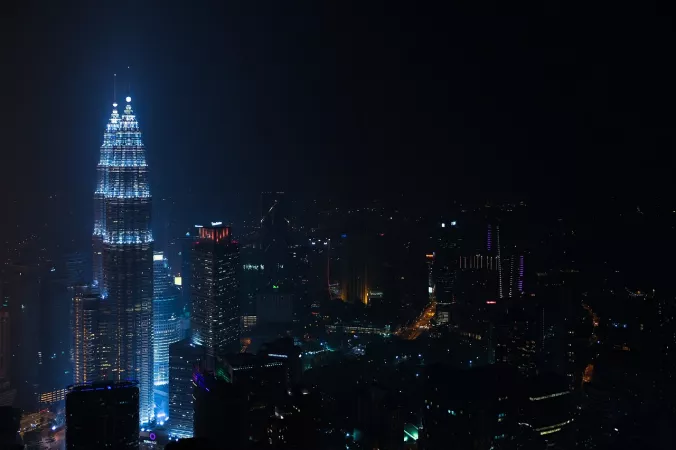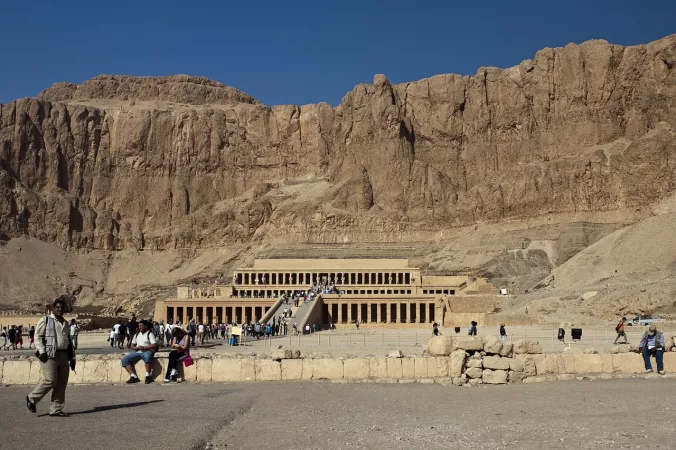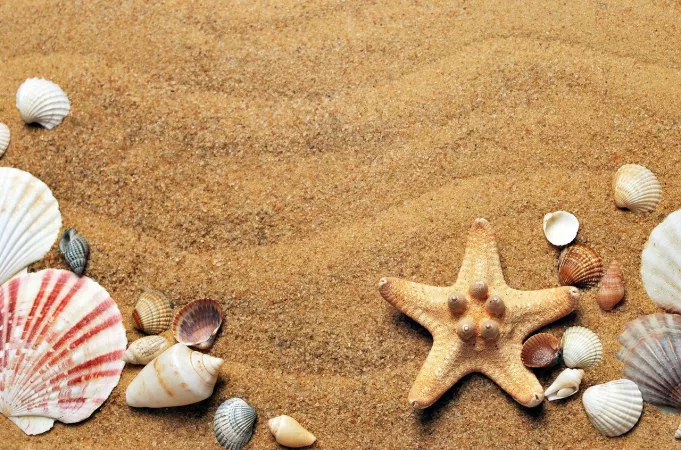
Mersing Travel Guide
Mersing is a charming coastal town located in the Malaysian state of Johor. Known for its stunning beaches, crystal-clear waters, and vibrant marine life, Mersing is a popular gateway to the beautiful islands of Pulau Tioman and Pulau Rawa. The town has a rich history, with influences from Malay, Chinese, and Indian cultures. Mersing is famous for its laid-back atmosphere, delicious seafood, and water activities such as snorkeling and diving.Top Attractions in Mersing
- Pulau Tioman
- Pulau Rawa
- Mersing Harbour Centre
- Air Papan Beach
- Penyabong Beach
Mersing is Famous for
Mersing is famous for its picturesque islands and pristine beaches.Top Attractions in Mersing
- Explore the stunning Pulau Tioman
- Relax on the white sandy beaches of Pulau Rawa
- Visit the bustling Mersing Harbour Centre
- Enjoy water sports at Air Papan Beach
- Discover the beauty of Penyabong Beach
What's Great about Travelling to Mersing?
- Scenic island getaways
- Rich marine life for snorkeling and diving enthusiasts
- Delicious seafood cuisine
- Relaxing beach vibes
What's Not So Great about Travelling to Mersing?
- Limited nightlife options
- Can get crowded during peak tourist seasons
- Limited public transportation
- Language barriers for non-Malay speakers
Travel Tips for Mersing
- Check visa requirements before traveling
- Book ferry tickets in advance for island trips
- Carry enough cash as ATMs may be limited on the islands
- Respect the local customs and traditions
Important Mersing trip information
- Ideal Duration: A weekend getaway is ideal for exploring Mersing and its nearby islands.
- Best Time to Visit: The best time to visit Mersing is from March to October for pleasant weather.
- Nearby Airports and Railway Stations: The nearest airport is Senai International Airport, and the closest railway station is Mersing Railway Station.
FAQ's on Mersing
Q1: What is the best time to visit Mersing?
The best time to visit Mersing is during the dry season from March to October when the weather is sunny and ideal for outdoor activities like island hopping and beach lounging. Avoid the monsoon season from November to February as heavy rains can disrupt travel plans and activities.
Q2: Do I need a visa to travel to Mersing?
Most tourists visiting Mersing for short stays do not require a visa. However, it is essential to check visa requirements based on your nationality before traveling. Make sure your passport has a minimum validity of six months.
Q3: What are the must-visit attractions in Mersing?
Mersing is known for its stunning islands like Pulau Tioman, Pulau Rawa, and Pulau Besar, offering crystal-clear waters and beautiful beaches. Don't miss the Mersing Fishing Village for a taste of local life and the Endau-Rompin National Park for nature lovers.
Q4: Is Mersing a safe place to travel?
Mersing is generally a safe destination for travelers. Exercise standard precautions, avoid isolated areas at night, and be cautious of your belongings. Stay informed about local news and follow any travel advisories.
Q5: What is the local currency in Mersing and can I use credit cards?
The local currency in Malaysia is the Malaysian Ringgit (MYR). Credit cards are widely accepted in hotels, restaurants, and larger shops in Mersing. It's advisable to carry cash for smaller vendors and markets. ATMs are also available in the town.
Q6: What is the local cuisine like in Mersing?
Mersing offers a variety of delicious Malay dishes like Nasi Lemak, Laksa Johor, and seafood specialties due to its coastal location. Don't miss trying local street food stalls for authentic flavors. Be mindful of spicy dishes if you have a sensitive palate.
Q7: What transportation options are available in Mersing?
Transportation options in Mersing include taxis, rental cars, and local buses for getting around. To reach the islands, there are regular ferry services from Mersing Jetty to popular destinations like Pulau Tioman. Plan your transportation in advance for a smooth travel experience.
Q8: Are there any cultural norms or etiquette I should be aware of when visiting Mersing?
Respect local customs in Mersing by dressing modestly, especially when visiting religious sites. It's customary to remove shoes before entering homes or places of worship. Greet locals with a smile and be polite in interactions. Avoid public displays of affection as it may be considered inappropriate.
Q9: I am a travel agent. How can I buy travel leads of Mersing?
Register yourself as a travel agent at agents.tripclap.com and then you can buy travel leads to Mersing once your account is approved. For more details contact our support team at +91-8069186564 or support@tripclap.com

